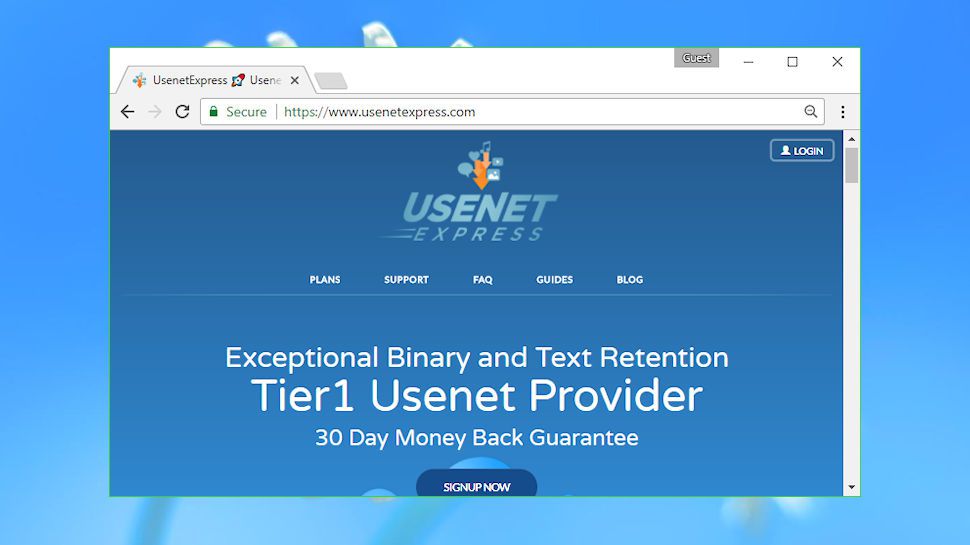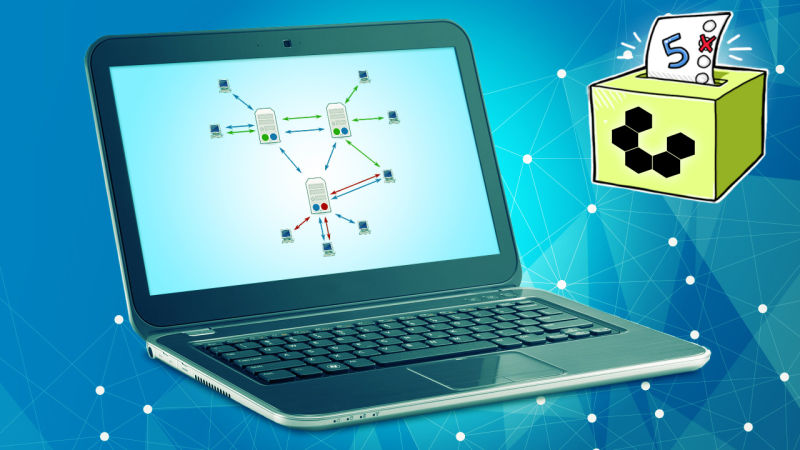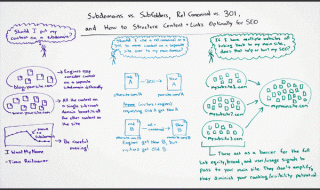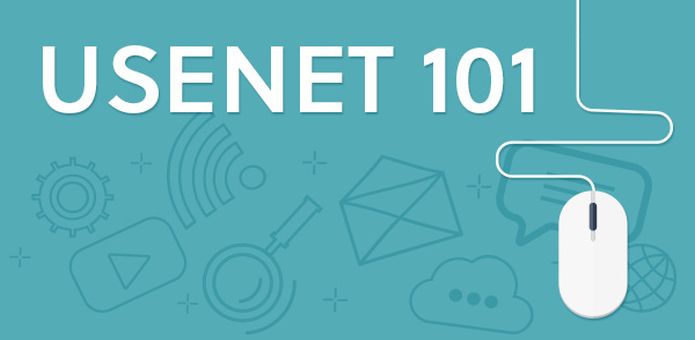
In the Beginning, the Internet was all Text
Once upon a time, the Internet was mostly text. HTML existed, but it was interpreted by a text-based browser called Lynx. If you wanted to check your email, you used an email client called Pine. You used protocols called telnet to connect one computer to another, and if you wanted to have discussions or share files with others in a completely anonymous way, you used something called Usenet.
Brief History of Usenet
Usenet is a global discussion system that predates the World Wide Web. It is a network of message boards where people can post and read messages on a variety of topics. Usenet was created in 1979 by two Duke University graduate students, Tom Truscott and Jim Ellis. They wanted to create a way for people to share information and communicate with each other without having to be on the same computer network.
Usenet was originally based on the Unix-to-Unix Copy (UUCP) protocol, which allowed computers to share files and messages over phone lines. In 1986, Usenet was moved to the Internet, which made it more accessible to people around the world.
Usenet quickly became popular, and by the early 1990s, it was one of the most popular online services. It was used by academics, researchers, and hobbyists to discuss a wide range of topics. Usenet was also used to share news, software, and other files.
The popularity of Usenet began to decline in the late 1990s, as the World Wide Web became more popular. The Web offered a more user-friendly interface, and it was easier to find information on the Web than on Usenet.
Despite its decline in popularity, Usenet is still used by millions of people around the world. It is a valuable resource for information and communication, and it continues to be an important part of the Internet.
Here are some of the key events in the history of Usenet:
- 1979: Usenet is created by Tom Truscott and Jim Ellis.
- 1986: Usenet is moved to the Internet.
- 1990s: Usenet reaches its peak popularity.
- Late 1990s: Usenet begins to decline in popularity.
- 2000s: Usenet continues to be used by millions of people around the world.
Usenet is a valuable resource for information and communication. It is a part of the Internet that has stood the test of time.
Basically, Usenet was a bulletin board system. It’s very similar to the concept of forums that you see on some sites nowadays. How did people share binary files as text on a bulletin board system? They used a program called UUEncode and UUDecode which would allow folks to translate binary files into text files and share them at will. This system has been streamlined from the early days and no longer involves as much bloating of the binary’s file size after it’s been encoded in text. Eventually, Usenet became a vast repository of files of all kinds. Those included movies, television shows, apps, and -you guessed it- porn as well.
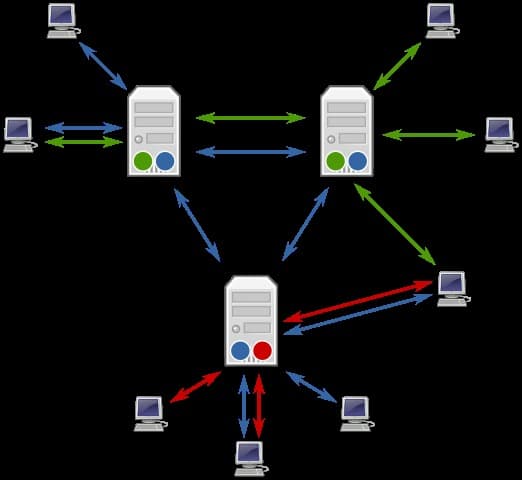
What is Usenet and How Does NZB Search Work?
Today, Usenet binaries are one of those things that exists in the shadows of the Internet. It’s even darker than the dark web and just as anonymous. For those who download a lot of torrents, you can find all the same stuff that you’d find on The Pirate Bay on Usenet and a whole lot more. This is partly because Usenet users prefer the anonymity and partly because most Internet users aren’t old enough to remember the days of Usenet.
Nonetheless, Usenet was the first file sharing platform. If you ask the millions of users that would rather pay for the service than risk downloading torrents, it’s still the best file sharing platform as well.
The Pro’s of Using Usenet over Torrent Sites
As you can probably imagine, using Usenet to share files is a bit of a square peg being driven into a round hole. That’s largely because Usenet was originally intended to be for newsgroups and discussion. There’s plenty of upside however, and this is why so many users actually prefer Usenet to torrent sites. What specific upside does Usenet have over torrents?
Usenet Offers More Anonymity Than Torrents
Have you ever gotten an email from your ISP saying that they’ve been made aware from a anonymous source that you’ve been illegally downloading the latest episode of your favorite program? This is largely because intellectual property enforcers dig all of the IPs that are dredged out of a compromised tracker and then report them to your service provider. The penalty for repeated offenses involves having your internet “interrupted”, blocked for short periods of time, or eventually having your services cut indefinitely. In order to avoid this, you’ll have to pay for a VPN. This will cost around $12 a month (at the very most).
While VPNs are an effective means of hiding your IP, they also slow down your connection and increase download times. That brings us to the second advantage that Usenet has over torrents.
Usenet Is Much Faster for Downloading
This is probably counterintuitive because torrents are generally thought of as being incredibly fast. They are under certain circumstances, but Usenet under any circumstance will still be faster than torrents.
First, downloads will run at full speed as soon are they’re up on Usenet. Torrents need to be seeded by dozens of anonymous people on the other end in order to transfer data quickly. Second, with net neutrality gone there’s no reason for ISPs to not throttle torrents. They eat up tons of bandwidth because they have to manage hundreds of connections. Usenet makes the most out of one connection.
Usenet has hit speeds as high as 3gb per second.
Usenet Does Not Have a Target on Its Back
Not only are the most popular torrent sites dropping like flies, but ISPs, as mentioned earlier, have never liked them. They don’t particularly care that you’re doing anything illegal, but torrents eat up more bandwidth than just about any other internet action. This is because they have to sustain hundreds of connections simultaneously, each one transmitting about 5-10k worth of information. This gives them a very obvious network signature and makes it very easy for ISPs to spot torrenting.
While you can limit the number of connections, this also further slows down the speed of torrenting.
The Cons of Using Usenet Over Torrent Sites
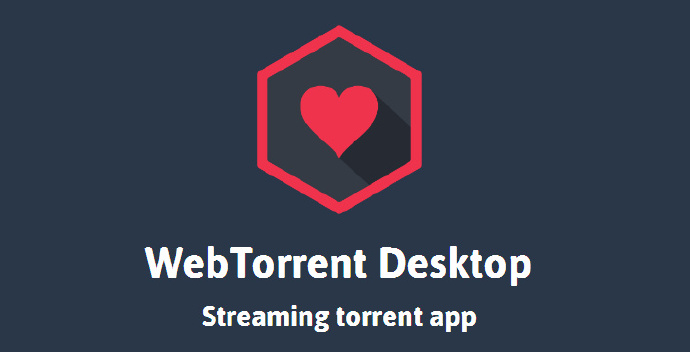
WebTorrent Desktop Hits A Million Downloads
Torrenting is very easy. You go to a site. You download the torrent. You load it into your software. You wait until the torrent is finished. Usenet is much more difficult to get the hang of which is one of the main reasons that torrents remain more popular despite the myriad of advantages that Usenet has.
Usenet Is Tricky to Get the Hang Of
Consider the fact that Usenet was originally built for discussion groups. Today it is used primarily for file sharing. That doesn’t mean that it’s an ideal medium for file sharing, only that a bunch of clever people figured out how it could be used in that capacity.
While it used to be that everything had to be done manually, today’s Usenet newsreaders can do most everything automatically. Unfortunately, there’s one catch to that.
Usenet Costs Money to Access
In order for Usenet to work, it needs to be hosted by someone willing to provide the space and the access. That costs money. Free access does exist, but in order to mine the alt.binaries section (which is what you really want) you’ll need a decent Usenet provider. This runs about $15 a month on top of whatever you’re paying for internet. By contrast, a VPN is going to tend to run cheaper. But despite the wonkiness of the platform for downloading files, Usenet is a better, faster, safer, and more anonymous service. In addition, many Usenet providers also provide a newsreader and a free trial to check out what Usenet has to offer and get a feel for the service to determine if it works for you.
In addition, a Usenet service provider may charge more for the speed of the connection that you want or the volume of files that you download.
Finding the Best Usenet Service
Finding the top Usenet service isn’t like finding other great services. Most Usenet services are roughly comparable in terms of speed. The question then becomes: How often do they clean out their servers?
Torrents can hang onto files indefinitely large because they’re only hosting the torrent. Usenet servers have to host the actual files, and that means an absurd amount of data being uploaded every day. As Usenet grows in popularity, that number goes exponentially higher. Hence, servers need to clear out data from time to time. The best servers are the ones with access to the most files. This question boils down to retention.
How many days does your preferred service hang onto its files? Longer is better.
How to Get Started with Usenet

5 things you didn’t know about Usenet
The first rule of Usenet: you do not talk about Usenet. Usenet provides the quality of service it provides largely due to the fact that it has flown under the radar for decades. That being said, it’s fairly easy to get started with Usenet and begin using it just like you would a torrent site.
Step 1: Choose Your Usenet Server Provider
There are a number of options and pricing plans out there, so determining which is best for you is going to take a little research. You’re going to want to consider what kind of plan you want as there are two available.
One plan hooks you up with a set number of gigs to download; the other is a monthly plan in which you pay for unlimited downloads, but it expires at the end of the month. Either can work based on your downloading habits. You’ll have to consider this and make the right choice for you.
Step 2: Choosing and Setting Up Your Usenet Client
There are a number of good clients out there. Some of these clients are only suited toward downloading, while others allow you to actually read the newsgroups too. Some are free. Others are paid.
Setting up any of these newsgroup readers is remarkably easy, including the most popular free choice, SABnzbd. There will be a wizard to guide you through the process. For reference, .nzb files are much like .torrent files just for Usenet.
Step 3: Find Content and Begin Downloading (or reading Newsgroups)
Now you’re ready to party.
Usenet Is Cool

What is Usenet and how can it help your business
With a reign of terror looming over torrenting sites and net neutrality a thing of the past, Usenet provides the last true frontier for those who like to leech files off the internet. While it does have a learning curve, most folks get the hang of it in no time and are glad that they did. The ability to buy a download limit and then pay again for more gigs vs. paying a monthly fee to a VPN will entice many users as well.
In other words, if you’re out there downloading torrents right now, it may be well worth the effort to look into Usenet’s alt binaries as an alternative source for files.


